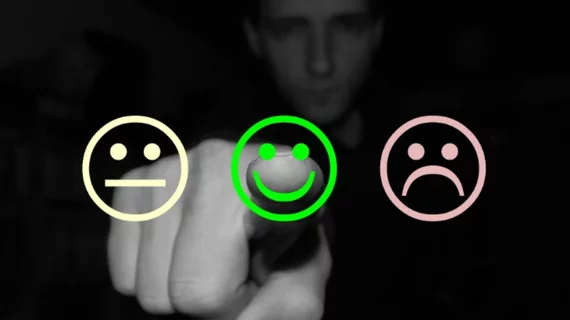Patients have a positive perception of CT imaging
Most patients report having a positive perception of CT imaging, according to new research published by the Journal of the American College of Radiology. The authors found this to be true for patients from all demographic groups.
“Understanding variation in patient perceptions by ethno-racial group and socioeconomic status is an important step in providing patient-centered care and achieving health equity,” wrote Kimberly E. Lind, PhD, MPH, Australian Institute of Health Innovation in Sydney, Australia, and colleagues. “Our goal was to fill this knowledge gap by conducting a pilot study to understand the barriers, benefits, knowledge, trust, and expectations in a diverse sample of patients undergoing CT.”
The authors surveyed more than 300 adult patients undergoing outpatient CT at a large academic hospital from May 2016 to March 2017. Fifty-three percent of respondents were female, and the mean respondent age was 57.2 years old. While 33 percent of respondents were non-Hispanic white, 24 percent were black, 29 percent were Hispanic or Latino, 5 percent were Asian/Pacific Islander and 2 percent were American Indian/Alaska Native. Eight percent were mixed or another race.
Overall, 97 percent replied that they “agreed” or “strongly agreed” that they understood the reason for their outpatient CT examination. Ninety-eight percent “agreed” or “strongly agreed” that they expected their doctor to communicate with them about their results, and 98 percent also “agreed” or “strongly agreed” that they anticipated the person performing the examination would be polite and courteous.
“This study surveyed a diverse sample of patients undergoing outpatient CT imaging and found that patients had high perceived levels of trust, knowledge, positive expectations, and benefits of CT imaging,” the authors wrote.
While 17 percent of respondents indicated they were afraid to have the scan because something might be wrong, 14 percent said they were worried about being exposed to “unnecessary radiation.”
“Perceived barriers were reported at relatively low rates, but these responses identified areas where we can improve patient experiences,” the authors wrote. “For example, being afraid to have the CT scan because they may find out something was wrong was the most common barrier; this highlights an opportunity to better explain to patients the benefits of a timely and accurate diagnosis that may improve their health outcomes.”
Lind and colleagues noted the patient’s race or other socioeconomic factors did not seem to make a significant impact on any answers, with one exception: Black and Asian/Pacific Islander respondents were more likely to “strongly agree” with the statement “I would like to know more about this scan.”

